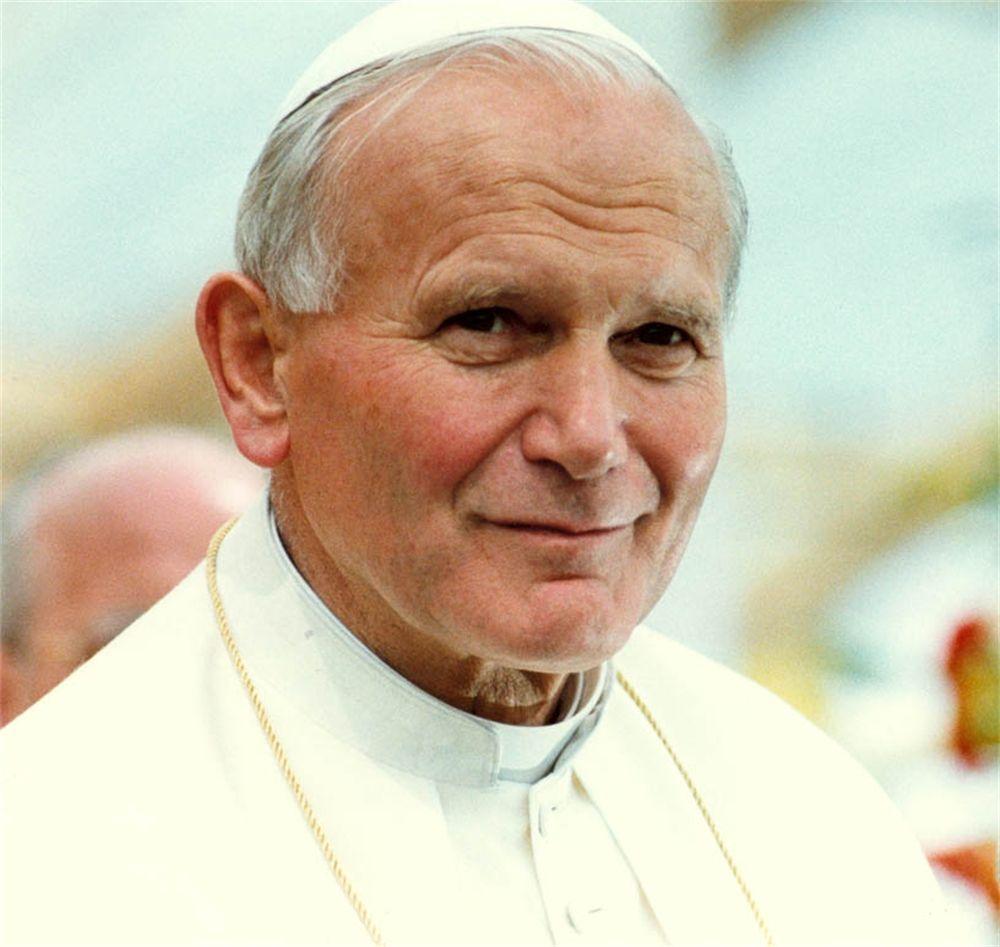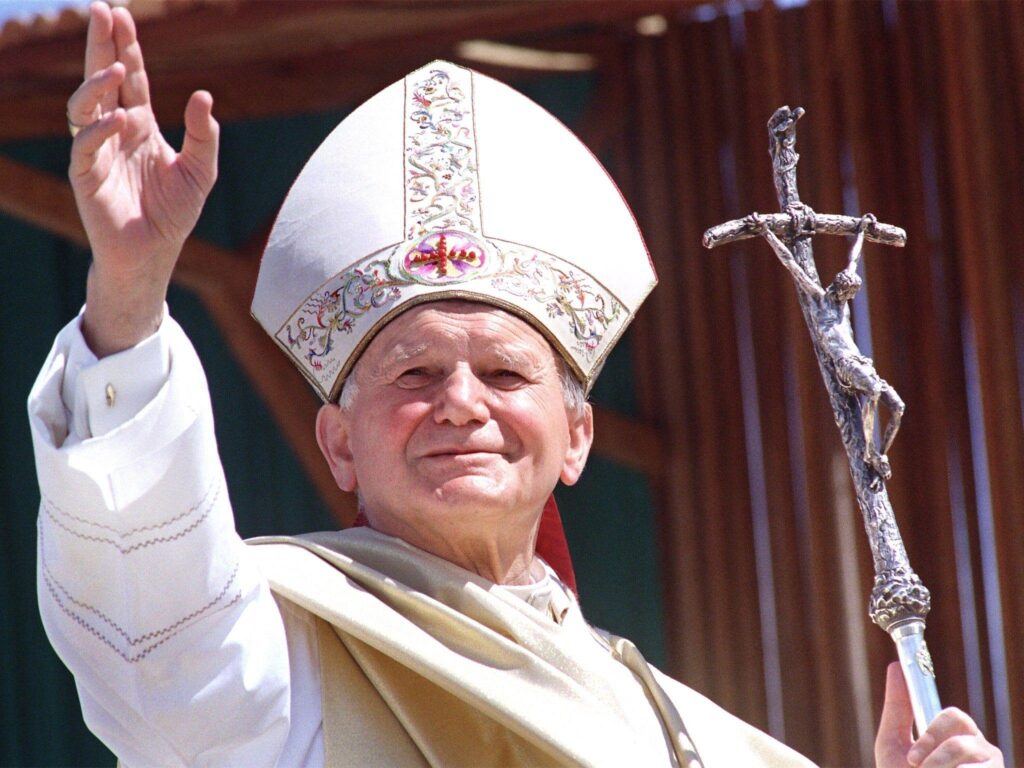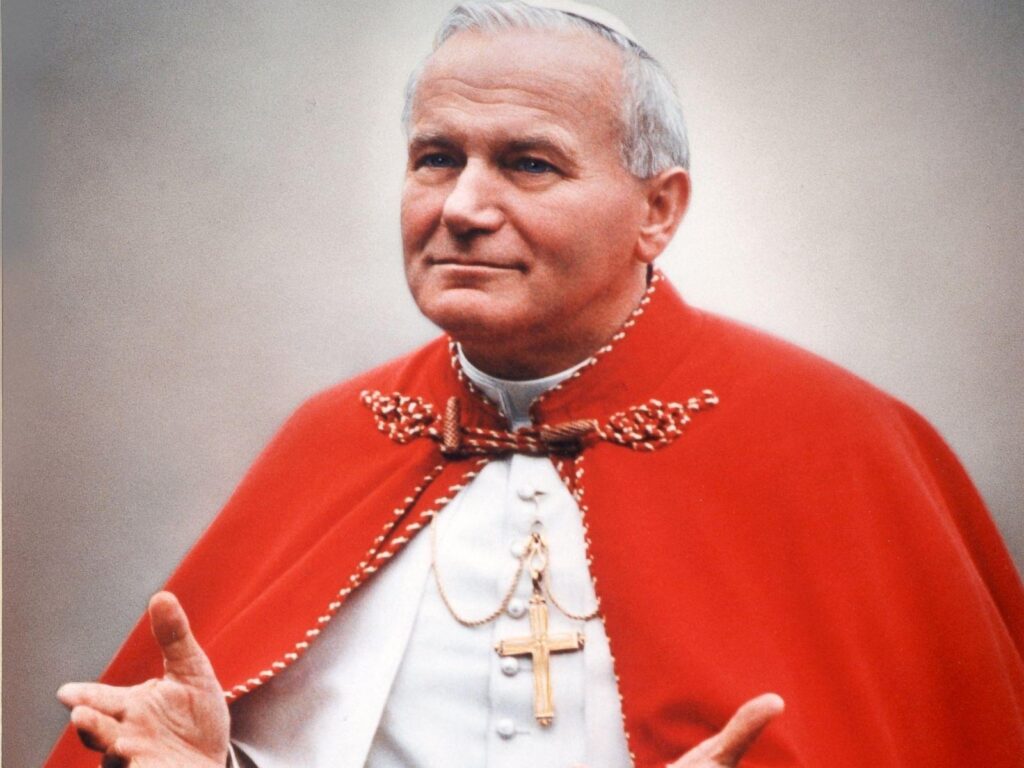On April 2, 2005, the world mourned the passing of Pope Saint John Paul II, a man whose profound influence shaped the Catholic Church and global society. Twenty years later, his legacy continues to inspire Catholics and people of all faiths. His papacy, spanning from 1978 to 2005, remains one of the most impactful in history, marked by his commitment to evangelization, human dignity, ecumenism, and social justice. This paper explores his life, teachings, and contributions to the Catholic faith, emphasizing his role as a shepherd of hope in a changing world.

Karol Józef Wojtyła was born on May 18, 1920, in Wadowice, Poland. His early life was marked by suffering, losing his mother at the age of nine and his father by the time he was twenty-one. During World War II, he secretly studied for the priesthood while working in a quarry and chemical plant under Nazi occupation. Ordained in 1946, he pursued advanced theological studies in Rome before returning to Poland, where he became a professor, philosopher, and spiritual leader.
His experiences under Nazi and Communist oppression shaped his unwavering commitment to human dignity and religious freedom. As Archbishop of Kraków, he played a crucial role in resisting Communist attempts to suppress the Church, particularly through his leadership in drafting and defending the pastoral constitution Gaudium et Spes at the Second Vatican Council (1962–1965).
On October 16, 1978, Wojtyła was elected as the 264th pope, taking the name John Paul II. He was the first non-Italian pope in 455 years and the first from Eastern Europe. His election signified a shift in the Church’s global reach, emphasizing the universality of Catholicism.

One of his early missions was to reinvigorate the Church’s evangelization efforts. His first encyclical, Redemptor Hominis (1979), outlined his Christ-centered vision, emphasizing human dignity, redemption, and the Church’s role in guiding humanity toward salvation. His global pastoral visits, beginning with Mexico in 1979, set the tone for a pontificate marked by an unprecedented personal connection with the faithful.
John Paul II was one of the most prolific teachers of the Catholic faith. Among his most influential contributions was his Theology of the Body, a series of catechetical reflections given from 1979 to 1984. This teaching reexamined human sexuality through the lens of divine love, emphasizing the dignity of marriage, the sacredness of the body, and the sacrificial nature of authentic love.
He also deepened the Church’s evangelization efforts through the establishment of World Youth Day in 1985, which has since become one of the most significant global Catholic events. By reaching out to young people, he ensured that the faith would remain vibrant in the generations to come.
Perhaps one of the most remarkable aspects of his papacy was his role in the fall of Communism. His unwavering support for Poland’s Solidarity movement, combined with his diplomatic engagement with world leaders, contributed to the eventual collapse of the Soviet Union. His 1979 visit to Poland ignited a spiritual and political awakening that empowered millions to resist oppression.
John Paul II also emphasized social justice through encyclicals such as Centesimus Annus (1991), reaffirming the Church’s commitment to workers’ rights, economic justice, and ethical governance. His advocacy extended to the sanctity of life, vocally opposing abortion, euthanasia, and the death penalty in his encyclical Evangelium Vitae (1995).
John Paul II worked tirelessly to promote unity among Christians and dialogue with other religions. He was the first pope to visit a synagogue (Rome, 1986) and a mosque (Damascus, 2001). His landmark Ut Unum Sint (1995) encouraged collaboration with Orthodox, Protestant, and Anglican communities.
His efforts in Jewish-Catholic relations were especially historic. He publicly asked forgiveness for past Christian persecution of Jews and established formal diplomatic relations between the Holy See and Israel. His visit to the Western Wall in 2000, where he prayed for reconciliation, remains a defining moment of interfaith dialogue.
Despite declining health due to Parkinson’s disease, John Paul II continued his ministry with courage and grace. His final years were a testimony to the dignity of suffering, as he bore his illness with faith and humility. When he passed away on April 2, 2005, millions gathered in Rome to mourn him, chanting “Santo subito!” (“Sainthood now!”).
His canonization process was swift, and on April 27, 2014, Pope Francis officially declared him a saint, recognizing his extraordinary holiness and impact on the Church.
Pope Saint John Paul II’s contributions to the Catholic faith remain immeasurable. His commitment to evangelization, moral clarity, human dignity, and interfaith dialogue shaped the modern Church and continues to influence millions worldwide. On the 20th anniversary of his passing, his words echo as a call to holiness:
“Do not be afraid! Open wide the doors for Christ!”
His life and teachings continue to guide the faithful, ensuring that his legacy of love, truth, and hope endures for generations to come.

Posted with permission of the author:
SK Christopher M. Hess
KOC Deputy Grand Knight, Faith Director – Council #14464, Bath, PA
KOC Faithful Scribe – Cathedral Assembly #3298, Allentown, PA
KOC Faith Director – Central District of Pennsylvania



